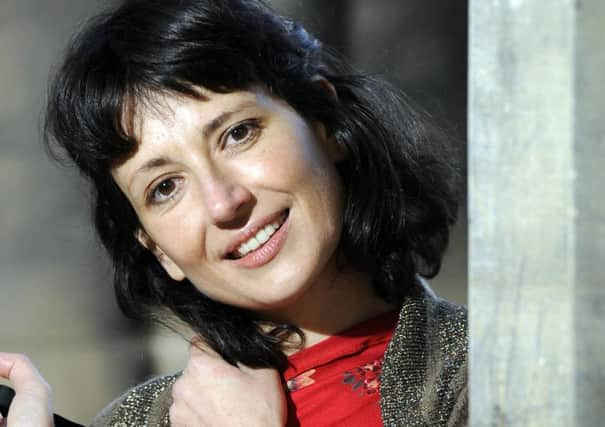Book review: Border, by Kapka Kassabova


She is alert to the madness of politics and officialdom. How about this? “State security special forces patrolled the area until 1989. Some locals say there was an additional ‘live fence’ of thousands of vipers specially bred for the purpose by Uzbeks along the southern Black Sea, under something called decree number 56. Why Uzbeks? Why vipers? Did decree number 56 read: ‘Let us fulfil the five-year snake plan in one year’? The roads to madness are many.” Indeed, yes. There’s a lot of this sort of stuff, enough to have one admiring the resilience of ordinary people in the face of brute stupidity and cruelty. It helps to have a lively sense of humour and a capacity for scorn, attributes which Kassabova and many of those she meets possess,
Her borderland is rich in mythology and history. It was in the Rhodope mountains that Orpheus descended to the Underworld in search of Eurydice, here too that he was torn apart by Maenads when he had transferred his allegiance from Dionysus to Apollo. Herodotus was fascinated by the shores of the Black Sea and by the military prowess of the Thracians who sent a contingent of cavalry to Troy to fight against the invading Greeks. The Thracians were great warriors – Spartacus the leader of the great slave rebellion against Rome was a Thracian warrior – but they were not empire-builders. When Thrace was conquered by the Emperor Trajan and annexed to the Roman empire, Thracians served in the legions – there are records of Thracian legionaries posted to Hadrian’s Wall.
Advertisement
Hide AdKassabova’s family lost their farm when the Communists came to power – stolen, she says, correctly – when it became part of a collective farm. Now the Borderland has suffered depopulation, many villages all but deserted, and the remaining or returned inhabitants are poor and often suffering from depression. This is wretched in a country rich in fruit trees and vines. Like many peripheral regions, it suffers from neglect by the government, though arguably this is preferable to the bureaucrats’ domination it endured in Communist times.
Much of the book consists of conversations with locals and the occasional tourist. Some are lively, more mournful. As ever, when reading a travel book one wonders how authentic such conversations are, how much has been reconstructed some time later from what the author recalls. The same might be said of course about the work of many of the best travel writers – Patrick Leigh Fermor and Colin Thubron, for instance. The art is to make these conversations seem authentic, and Kassabova succeeds in doing so.
Norman Douglas, another master of the travel book, said that the reader should be offered two journeys or voyages: the first into the country that is the subject of the author’s book, the second into the author’s mind. It followed, he said, that the author should have sufficiently interesting mind to be worth spending time with. Kassabova happily passes both tests, with merit. There’s a third test I would add: does the book make you want to go there, to follow in the writer’s footsteps. Here the answer is again “yes”.
*Border, by Kapka Kassabova, Granta, 357pp, £14.99